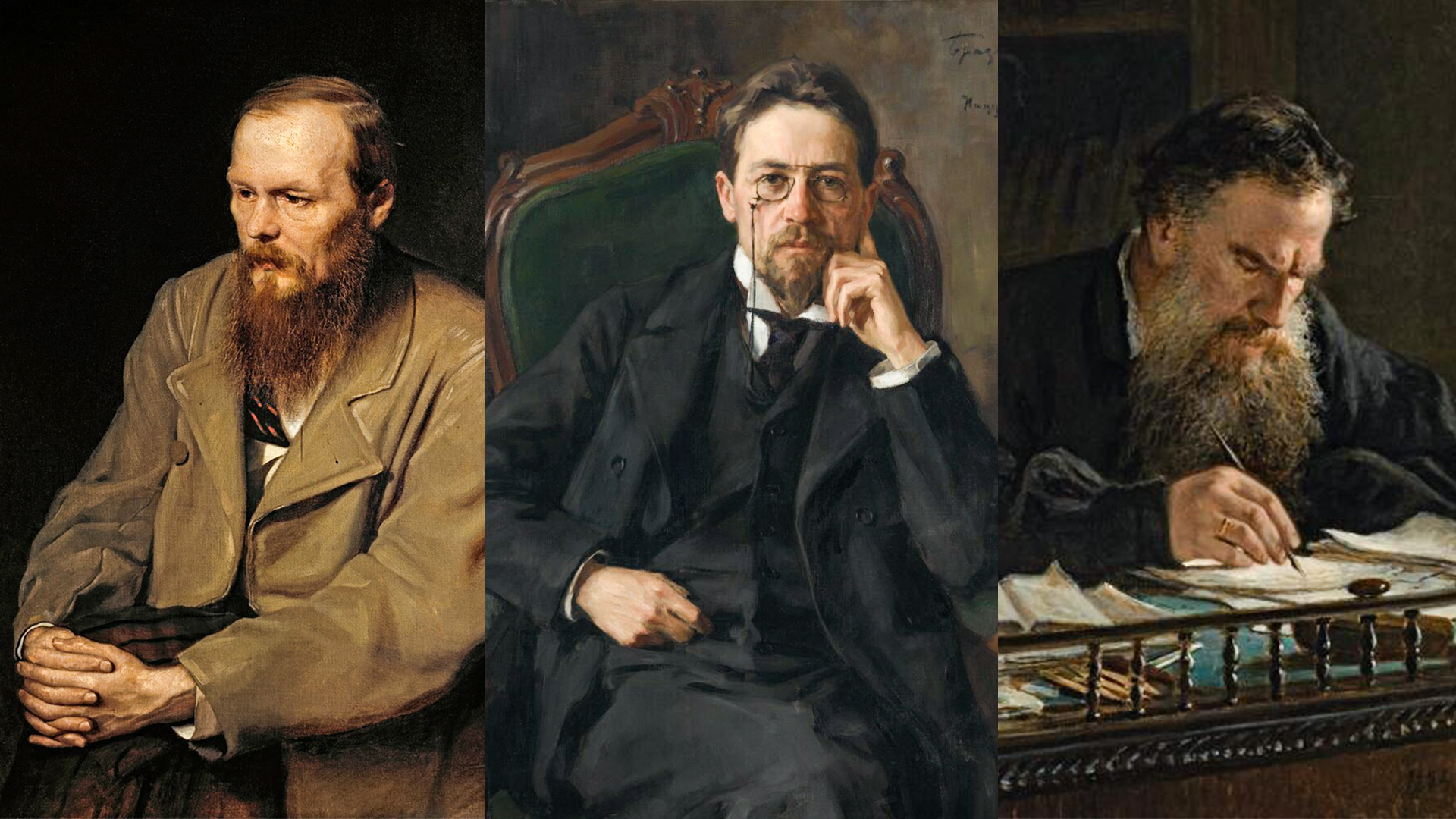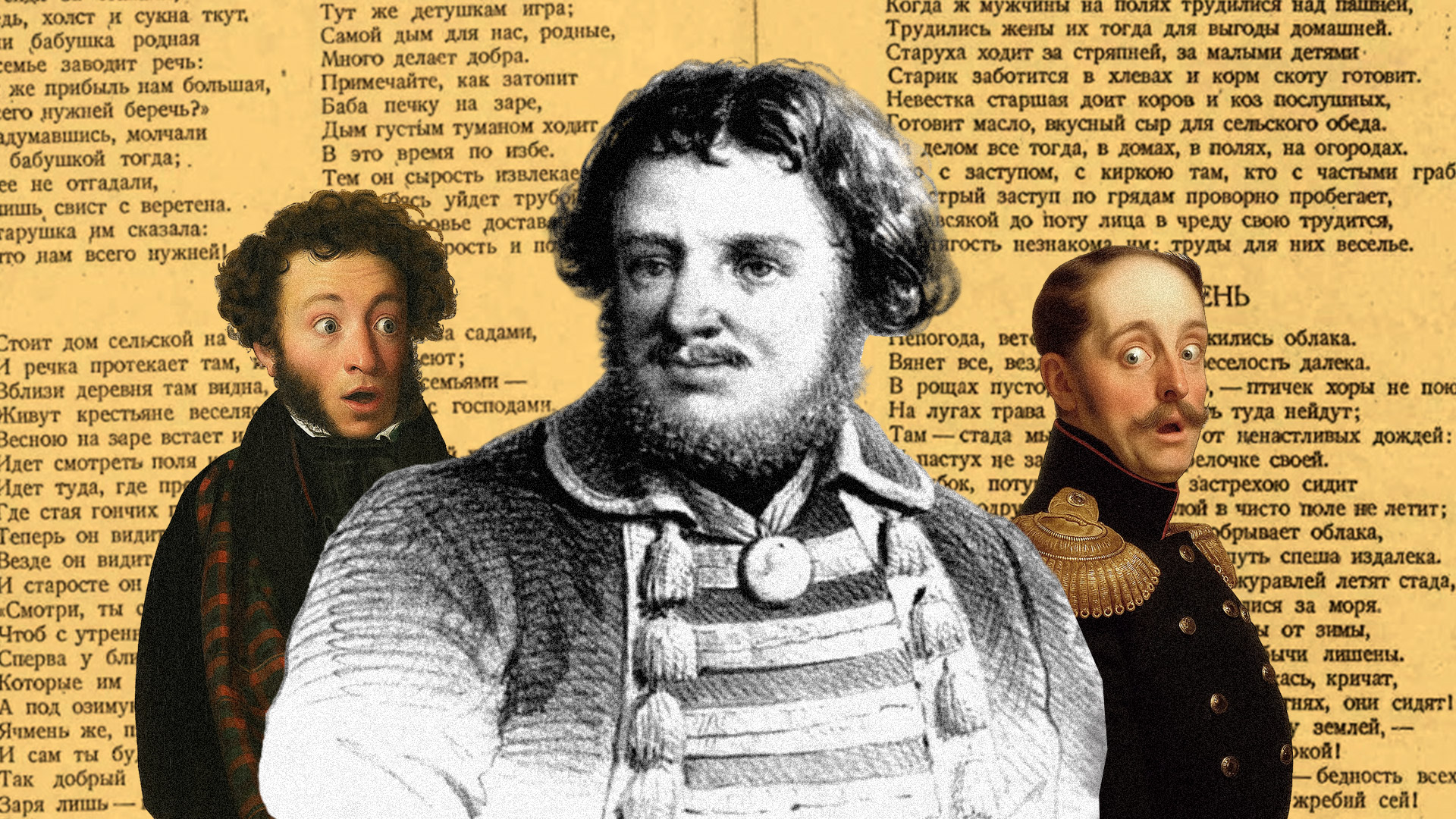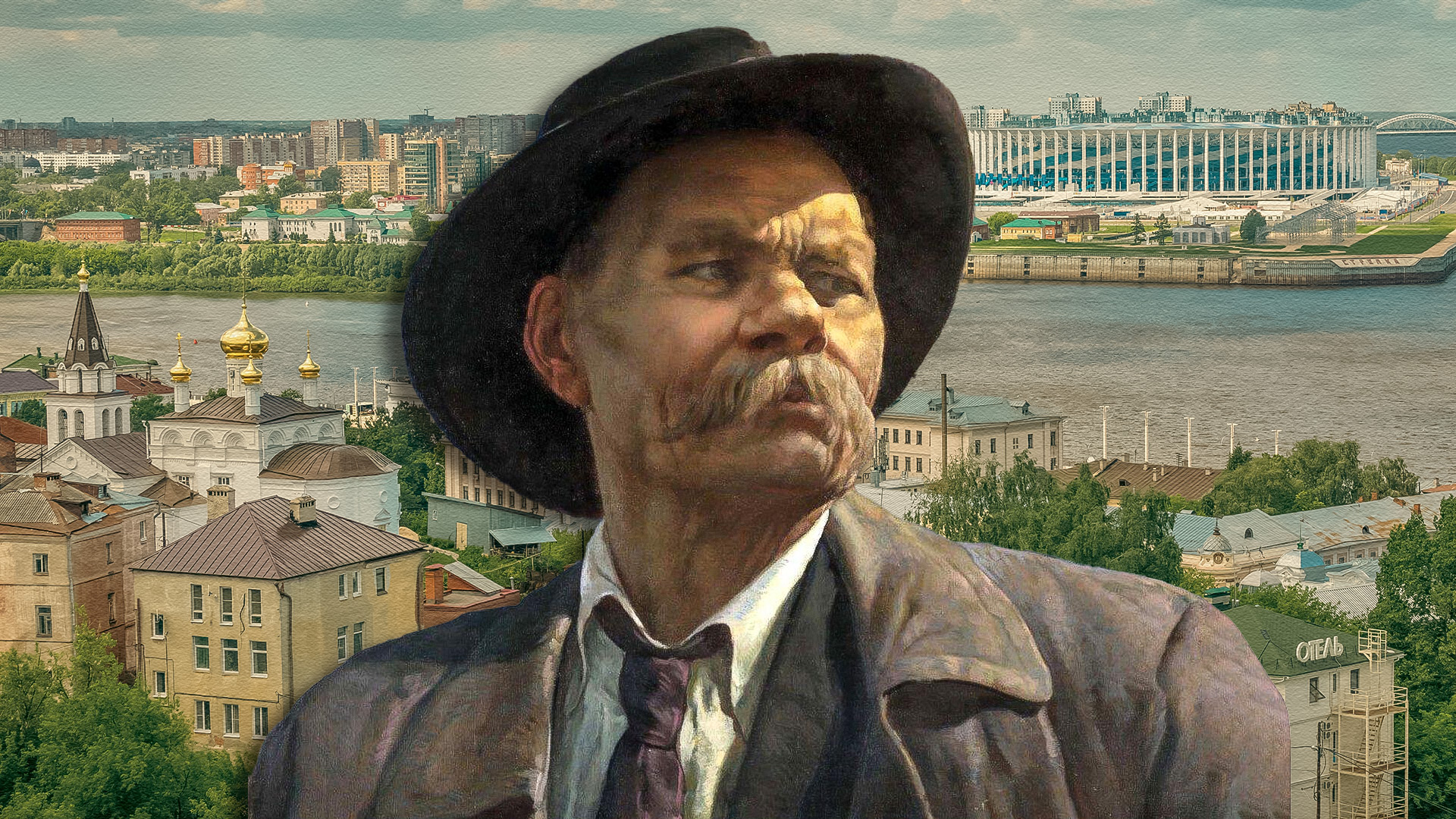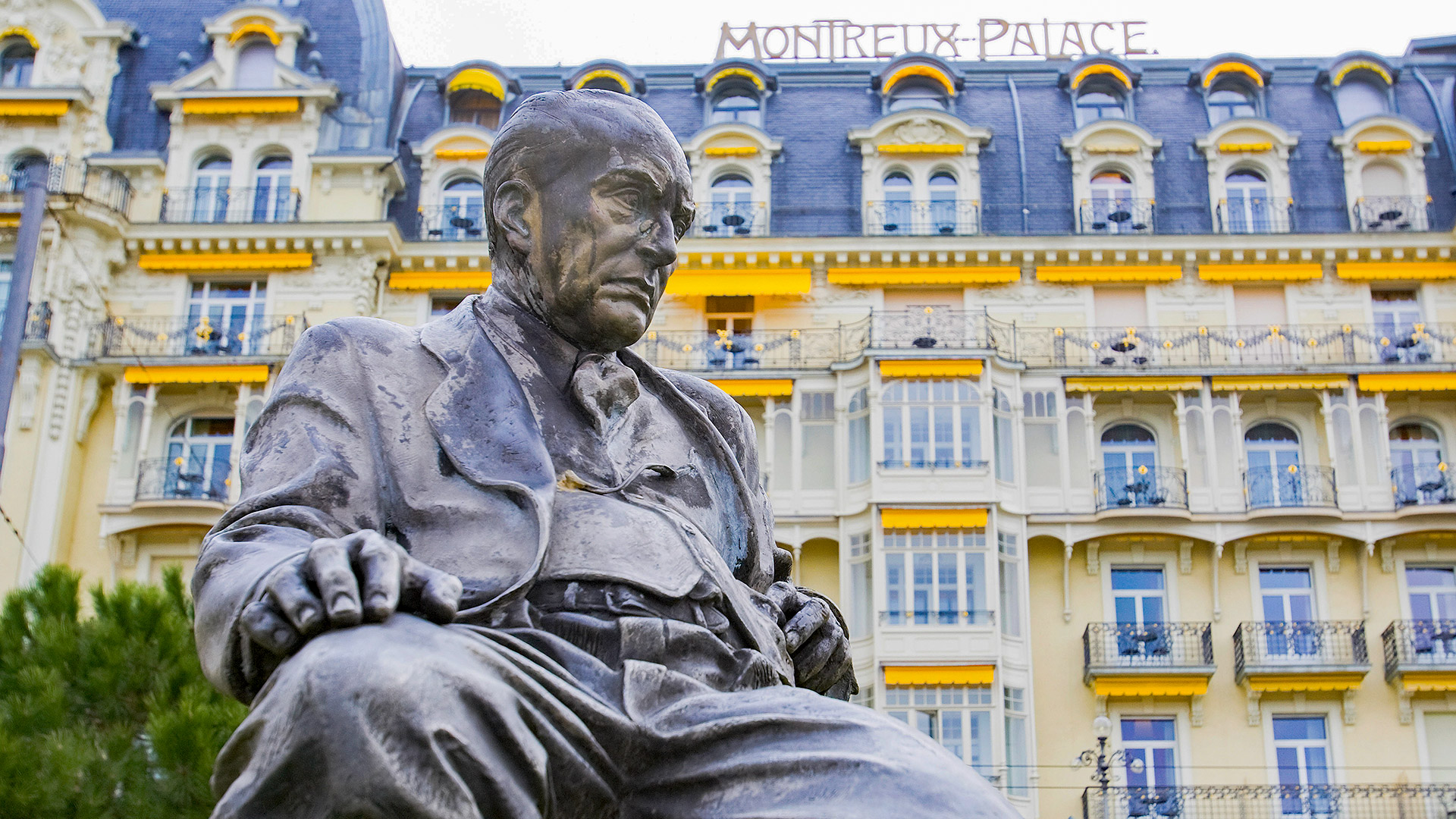
5 reasons to read Pushkin's poems in Russian

Pushkin’s works began to be translated even during the poet's lifetime. The first translation was made into French in 1823. Later, Prosper Mérimée and Ivan Turgenev, in cooperation with Louis Viardot, then Alexandre Dumas père and other famous writers took part in translating Pushkin's poetry and prose into the language of Voltaire and Rousseau. The first translations of Pushkin into English were recorded in the middle of the 19th century. Now, his works can be read in all the major languages of the world, with English translations numbering about 40 alone. Not only operas of ‘Eugine Onegin’ were staged, but also an American-British movie starring Rafe Fiennes and Liv Tyler. Frenchwoman Clementine Bovet's book ‘Is Tatiana the same Tatiana?’ (‘Songe a la douceur’), based on Pushkin's ‘Onegin’, encouraged French teenagers to turn to the original story. And, yet, Pushkin continues to be regarded as one of the most untranslatable and, as a consequence, underappreciated Russian authors. “How can someone who has already been translated be untranslatable, who has put into his own language what has not been said and what has not been told?” wondered Marina Tsvetaeva, another brilliant Russian poet. Indeed, why did this happen?

1. Language
There are many factors that influence an equivalent translation of a work of fiction from one language into another, but, the main one is the language itself, its design, structure and grammatical laws it obeys. For example, the Russian language is a synthetic or inflectional language. In it, endings play an important role and the word order in a sentence can be more or less free. This gives the author a lot of room to play with grammatical constructions. English, for example, is an analytical language, in which the word order determines the meaning of the sentence and the endings are given a much more modest importance. It is clear that, with such global differences in the set of linguistic means, it is possible to express the same idea, but the form of its expression will almost inevitably be different.
This is not least of all why some translations of Pushkin's poems into foreign languages are done in prose. In this way, translators emphasise that they deliberately abandon the search for a relevant poetic form, allowing them to concentrate entirely on meaning. Even Russian-to-Chinese translators do not give up and publish Pushkin's poetry and prose for their readers.

2. Poetry
“The translation of poetry is impossible. Every time it is an exception,” wrote Samuel Marshak, a poet and translator of Shakespeare into Russian. In lieu of this statement, we would also like to refer to the statement of Samuel Coleridge, another poet, this time British, who said that “poetry is the best words in the best order”. That is, a translator of poetry faces a triple challenge. Firstly, to choose the most accurate words to convey the thought expressed by another poet. Secondly, to arrange them in the right poetic size, the “best order”. And, thirdly, in different languages, the reputation and semantic load of different poetic genres, sizes and forms may differ. For example, if the genre of the ode or elegy or wreath of sonnets in European poetry is similar and dates back to antiquity, then the less recognisable and blurred forms already require the translator's flexibility of mind and poetic intuition. This is another reason why many translators refuse to tackle this difficult task and choose the path of prose translation of poetry.

3. Realities
Translating the names of dishes, drinks, everyday objects, national phenomena and concepts is also difficult in poetry.
‘But pantaloons, tailcoat, waistcoat, // All these words do not exist in Russian,” Pushkin apologised to his readers in one of the lyrical digressions in ‘Eugene Onegin’. Such problems were not only with the poet of the early 19th century. Julian Lowenfeld, a famous contemporary translator of Pushkin into English, complained to his Russian audience during his visit to Russia that he had serious difficulties with such a drink as ‘lingonberry water’, which is often mistakenly translated as blueberry juice or even syrup. And also with the word for ‘old lady’. He also admitted that he translated ‘anchar’ as ‘poison-tree’, because he found the right word only in Byron and it was of Malaysian origin.
And Vladimir Nabokov never found an exact correspondence for the word ‘toska’ (the closest English translation would be ‘sadness’). From his point of view, the words ‘sadness’, ‘sorrow’ and ‘depression’ were not suitable. And, in the translation of the line ‘Worthy of old monkeys’, instead of the expected word ‘monkey’, he used the rather rare ‘sapajou’, which provoked the anger of professional translators.

4. Style
If the previous points apply to the translation of all poets writing in any language, this one is strictly about Pushkin himself. The peculiarity of his style is that not only his poems, but even his prose is more difficult to translate into other languages, with more losses than others. The poet himself called his prose “fast”. A textbook example of this style is a quotation from the story ‘The Captain's Daughter’: “A fine snow began to fall – and suddenly it fell in flakes. The wind howled; a blizzard ensued. In an instant, the dark sky mixed with the snowy sea. Everything disappeared.” There are almost no adjectives, but a lot of nouns and verbs. Due to this, however, a fast tempo appears.
Researchers of Pushkin's translations have paid attention to the description of the countess from ‘Queen of Spades’. Pushkin notes that she “dragged herself to balls, where she sat in a corner, flushed and dressed in the old fashion, like an ugly and necessary decoration of the ballroom.’” ‘Dragged’ is a very expressive verb that says a lot about the character and the way of life of the character and is difficult to translate equally.
In his lyrics, Pushkin is just as dynamic and economical in means of expression, but he achieves this through precision and often contrast in the choice of styles, combining archaic turns, with everyday and romantic ones.

5. Mastery
It is believed that the result of translation invariably benefits when poets are translated by other poets and not just translators. Examples of translations into Russian quite confirm this. Translations of the German Romantics by Vasily Zhukovsky, Shakespeare by Samuel Marshak and Boris Pasternak, his translation of Goethe's Faust and The Divine Comedy by Mikhail Lozinsky have become masterpieces not only of world, but also of Russian literature thanks to such translations.
Given Pushkin's list of translators, it would seem that he should have been lucky. After all, Nabokov spent almost a decade and a half translating (albeit in rhythmic prose) and a voluminous commentary on ‘Eugene Onegin’, while some poems were translated into French by Marina Tsvetaeva. And yet, full permeability could not be achieved.
But, is it so bad that, as a result, Pushkin sounds different for each culture?












